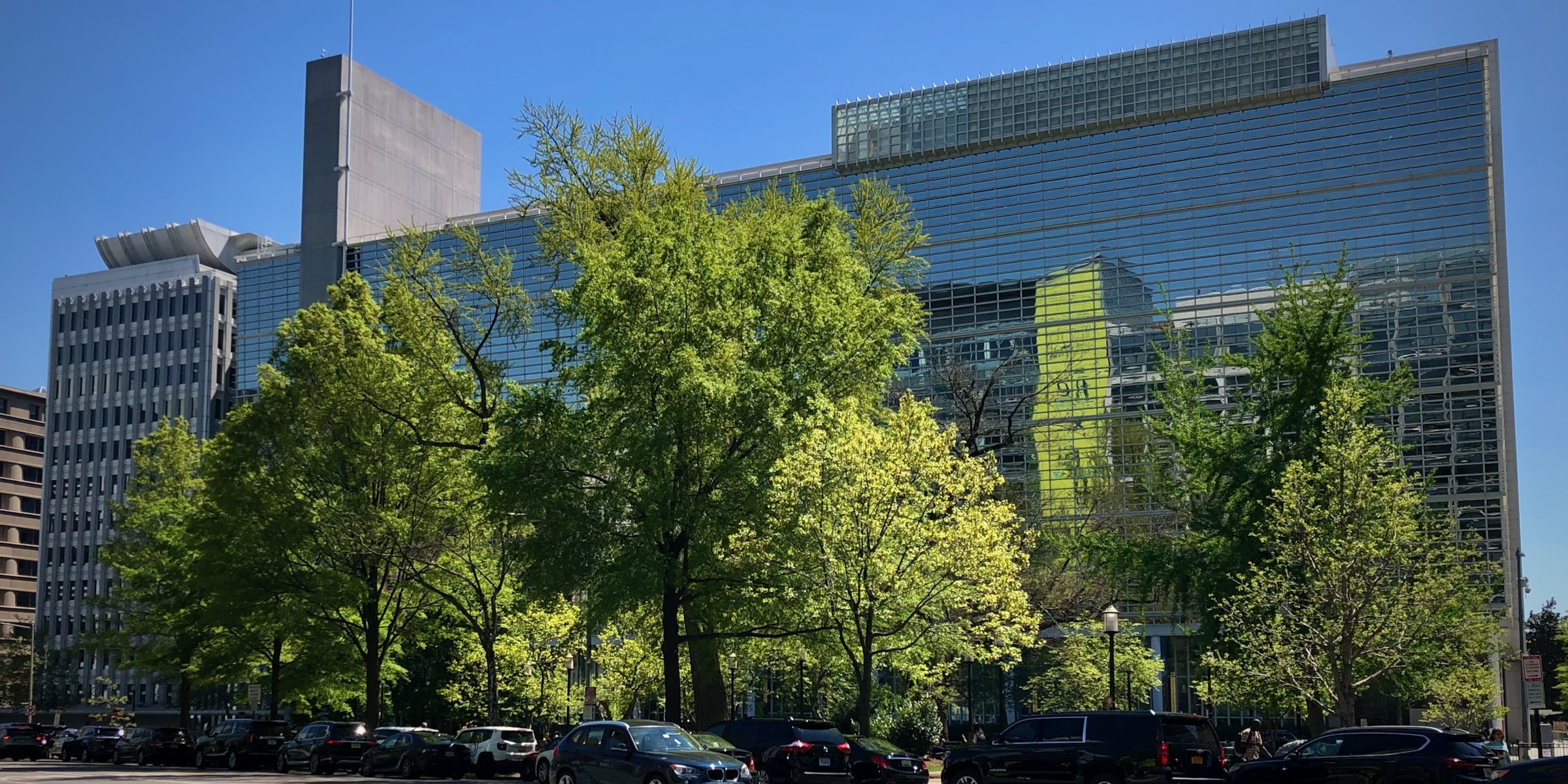Former US Treasury Secretary Henry Paulson writes today in the Financial Times that the global financial system needs a new asset class focused on healthy soils and the resilience of pollinator populations.
Paulson warns:
The Covid-19 pandemic has exposed a fundamental failure in our collective ability to deal with predictable global crises. It should have been a wake-up call and yet we are in danger of sleepwalking into another disaster — this one caused by staggering biodiversity loss.
With mass extinction happening at unprecedented rates, and accelerating, the viability of vital ecosystems—and the availability of the complex, irreplaceable natural services they provide—is under threat. The viability of an integrated human food system, on the scale required to feed 8 billion people, is very much at risk.
The IPCC reports that 90% of food-growing land will be seriously degraded by mid-century. Restoring and building healthy soils, through cultivation of soil ecology and biomass, is a key proposed response measure.
Glaciers that feed fresh water into watersheds that sustain agriculture and ecosystems across all land areas are being depleted to the point they could be lost entirely. Valuing the cryosphere may seem elusive, but without glaciers, all other areas of local and national priorities will be harder to achieve.
The rapid ongoing depletion of pollinator populations is a critical threat to food systems and to the wider economy.
Nature-positive investment—finance and commercial activity that recognizes the value of complex, irreplaceable natural services, and improves the health and resilience of natural systems—is a critical recovery measure. There may be no way to emerge from the deep devastation of the COVID-19 economic crisis, without major commitment of funding and wider economic incentives to nature-positive innovation.
COVID-19 is itself a warning of what can happen when the relationship between human systems and natural systems is dangerously out of balance. Zoonotic disease transfer (pathogens moving from animals to humans) is made more likely when we encroach into wilderness areas, degrade critical habitat and ecological food webs, and put human beings and animals into increasingly intimate unsustainable vulnerability.
Ban Ki-moon and Patrick Verkooijen explained the importance of building back better this way:
Governments could opt for business as usual, perpetuating our old way of life, or they could heed nature’s Covid-19 warning and kick-start the transition to a low-carbon future. This means investing in life-supporting systems such as a stable climate, fresh air and clean water, and the preservation of natural habitats.
Paulson echoes this insight, writing:
valuing nature as we do traditional goods and services will create incentives to avoid biodiversity destruction, manage climate change and preserve lives and livelihoods. Harnessing the power of markets can protect our environment and prevent its rapid destruction.
The future of finance must be macrocritically resilient—building value in an integrated way—to ensure human systems at all levels are prepared to resist, respond to, and overcome major compounding shocks. The future of everything is at stake.
Share this:
Resilience Intel
Resilience Intel is a coalition effort working to identify, track, grade, and upgrade climate-smart finance capabilities at all levels. ResilienceIntel.org



